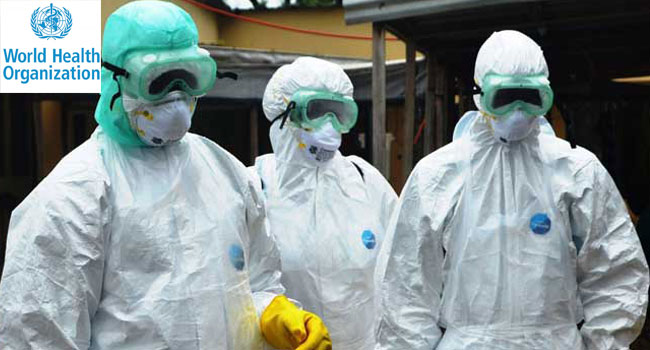The Nigeria Centre for Disease Control and Prevention (NCDC) has issued a public health advisory in response to a fresh outbreak of the Ebola Virus Disease (EVD) in the Democratic Republic of Congo (DRC), which has so far claimed at least 15 lives. The advisory comes amid growing regional concern over the potential cross-border spread of the virus, particularly within West and Central Africa.
In a statement released in Abuja, the NCDC confirmed that while there is currently no recorded case of Ebola in Nigeria, it is intensifying surveillance at points of entry, particularly at international airports and land borders, and heightening risk communication efforts to keep the public informed. The agency also assured Nigerians that it is working closely with the World Health Organization (WHO) and other international partners to monitor the situation and ensure preparedness in the event of any importation.
“The recent resurgence of Ebola in the DRC is a serious public health concern. Although Nigeria has not recorded any case, we are proactively taking steps to strengthen our preparedness and response systems to ensure early detection and swift containment if necessary,” the statement from the NCDC read.
According to the Congolese Ministry of Health, the outbreak was first detected in a remote village in North Kivu province, a region that has previously experienced multiple waves of Ebola infections. Health officials in the DRC have already deployed emergency response teams and are working to trace contacts, isolate suspected cases, and roll out vaccination efforts in affected communities.
The NCDC advised Nigerians, particularly those with recent travel history to affected areas or those planning to travel to Central Africa, to remain vigilant and report any symptoms consistent with Ebola, such as sudden fever, weakness, muscle pain, vomiting, and unexplained bleeding, to the nearest health authority. The Centre also warned against the consumption of bushmeat and unsafe burial practices, both of which have historically contributed to the rapid spread of the virus.
Ebola is a highly infectious and often fatal disease, with an average fatality rate of 50%, though some outbreaks have recorded rates as high as 90%. Transmission occurs through direct contact with the blood, secretions, or other bodily fluids of infected people or animals. Nigeria’s experience with Ebola dates back to 2014 when swift containment measures helped stop the virus in its tracks after an index case was imported from Liberia.
The latest DRC outbreak serves as a reminder of the continued threat posed by viral hemorrhagic fevers in Africa and the importance of robust public health systems, cross-border collaboration, and public awareness.
The NCDC reiterated that it remains on high alert and is coordinating with the Federal Ministry of Health, Port Health Services, and relevant stakeholders to prevent any potential outbreak within Nigeria. It urged the public not to panic, but to remain cautious, practice good hygiene, and stay informed through credible health sources.
As of the latest update, no travel restrictions have been imposed, but Nigerian authorities say they are reviewing the situation daily and will implement additional measures if necessary to protect public health and national security.




